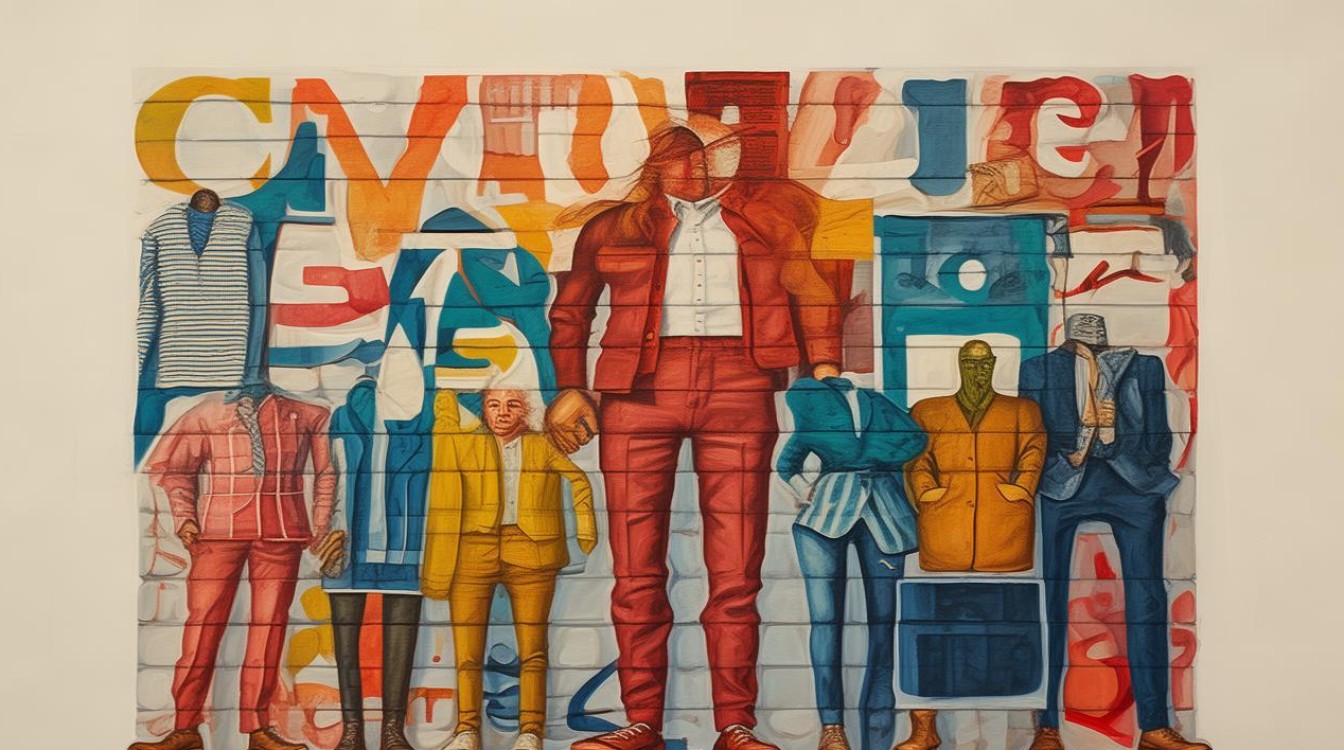In the world of language, some words strut around in tailored suits, while others lounge in sweatpants. Just as dress codes vary from black-tie galas to backyard barbecues, English vocabulary spans the spectrum from stiffly formal to delightfully casual. Let’s explore the linguistic equivalents of ripped jeans, graphic tees, and flip-flops—words that refuse to conform to lexical black-tie expectations.

Why Some Words Just Won’t Dress Up
Language evolves like fashion. What was once considered slang (think “cool” or “dude”) often gains mainstream acceptance, while overly formal terms fade into obscurity. Some words resist formalization entirely, thriving in casual conversation, text messages, and social media. These terms share common traits:
- Phonetic Playfulness – They often sound relaxed, with clipped endings or exaggerated sounds (“yikes,” “meh”).
- Cultural Roots – Many originate from youth culture, internet slang, or regional dialects.
- Emotional Directness – They convey tone and attitude more efficiently than stiff alternatives.
The Unbuttoned Vocabulary Hall of Fame
"Dude" – The Ultimate Casual Address
Formal alternative: Sir/Madam
Why it won’t formalize: “Dude” is the linguistic equivalent of a worn-in hoodie. It’s gender-flexible, situationally adaptable, and carries a vibe of relaxed camaraderie. No boardroom would tolerate, “Dude, let’s synergize our KPIs,” and that’s why it thrives.
"Cringe" – The Perfect Reaction Word
Formal alternative: Socially awkward moment
Why it won’t formalize: “Cringe” compresses secondhand embarrassment into a single, visceral syllable. Its internet-born popularity ensures it stays casual, even as it dominates modern conversation.

"Hangry" – A Portmanteau with Attitude
Formal alternative: Irritable due to hunger
Why it won’t formalize: Blending “hungry” and “angry,” this word is too playful for medical journals but too accurate to ignore. It’s the sweatpants of emotional vocabulary—unrefined but undeniably useful.
"Glow-Up" – The Slangy Makeover
Formal alternative: Physical transformation
Why it won’t formalize: Rooted in hip-hop and meme culture, “glow-up” implies not just improvement but a dramatic, often aesthetic evolution. It’s a term for Instagram captions, not corporate reports.
"Salty" – Seasoned with Attitude
Formal alternative: Bitter or resentful
Why it won’t formalize: Borrowed from gaming and internet culture, “salty” adds a tangy, sarcastic flavor to irritation. No one writes, “The client remains salty about the delayed deliverables,” and that’s why it works.

When Casual Words Go Rogue
Some terms straddle the line between informal and acceptable in professional settings. Words like “ghosting” (suddenly cutting off communication) or “adulting” (handing responsibilities) started as slang but now appear in mainstream media. However, they retain a self-aware casualness—like wearing sneakers with a blazer.
The Power of Keeping It Relaxed
Language, like clothing, serves different purposes. Just as you wouldn’t wear a tuxedo to a beach party, some words exist to keep communication real, relatable, and free from stiffness. The beauty of English lies in its flexibility—sometimes a well-placed “yikes” communicates more than a carefully constructed paragraph.
So next time someone scoffs at slang, remember: words like “dude” and “cringe” aren’t lazy—they’re the linguistic equivalent of kicking off your shoes after a long day. And honestly? That’s worth celebrating.




